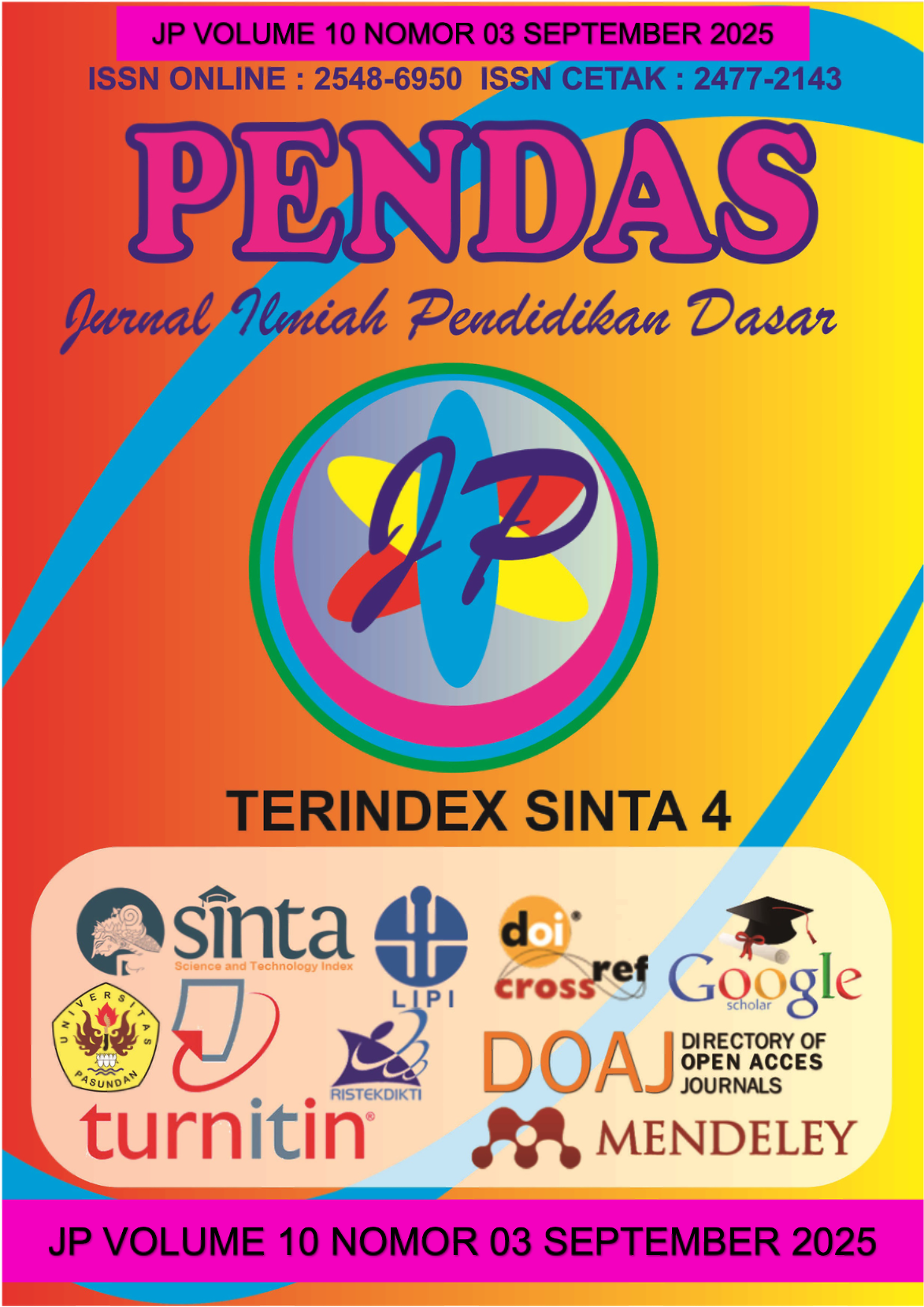IMPLEMENTASI SISTEM INFORMASI MANAJEMEN PENDIDIKAN (SIMP) DENGAN MENGGUNAKAN APLIKASI AFRESTO DI SMK NEGERI 5 PENAJAM PASER UTARA
DOI:
https://doi.org/10.23969/jp.v10i03.32018Keywords:
Educational Management Information System, Afresto, Educational Management, Digital School, Industrial 4.0Abstract
This study examines the implementation of an Educational Management Information System (EMIS) using the Afresto platform at SMK Negeri 5 Penajam Paser Utara to enhance the quality of educational management. The research is motivated by the school’s need to integrate digital technology into academic, administrative, and service management processes, in line with the demands of the Industrial 4.0 era. A qualitative descriptive method was applied, with data collected through observations, interviews, and document analysis. The findings indicate that Afresto is effective in managing academic data, streamlining administrative workflows, facilitating information access, and improving reporting accuracy. The main challenges include varying levels of digital literacy among users and limited network infrastructure. In conclusion, Afresto has the potential to serve as an efficient EMIS model, provided it is supported by ongoing training and adequate infrastructure.
Downloads
References
Davis, F. D. (1989). Perceived usefulness, perceived ease of use, and user acceptance of information technology. MIS Quarterly, 13(3), 319–340.
Laudon, K. C., & Laudon, J. P. (2020). Management information systems: Managing the digital firm. Pearson.
McLeod, R. (2016). Management information systems. Pearson Education.
Miles, M. B., & Huberman, A. M. (1994). Qualitative data analysis. Sage Publications.
Mulyasa, E. (2017). Manajemen berbasis sekolah. Remaja Rosdakarya.
Pidarta, M. (2019). Manajemen pendidikan Indonesia. Rineka Cipta.
Porter, M. E. (1985). Competitive advantage. Free Press.
Rogers, E. M. (2003). Diffusion of innovations (5th ed.). Free Press.
Downloads
Published
Issue
Section
License
Copyright (c) 2025 Pendas : Jurnal Ilmiah Pendidikan Dasar

This work is licensed under a Creative Commons Attribution 4.0 International License.














































